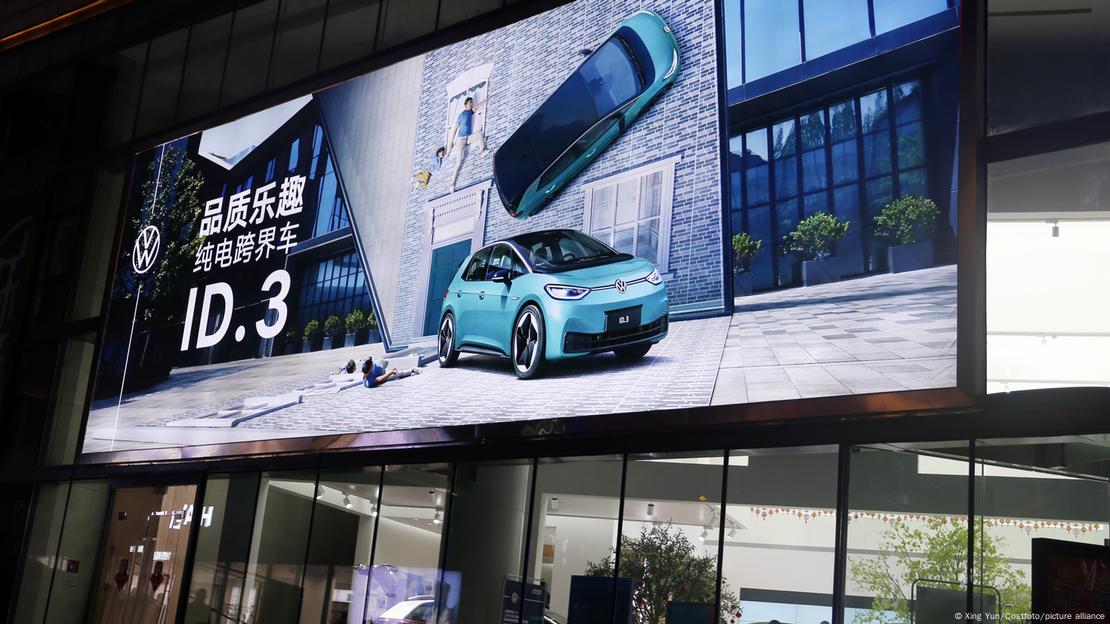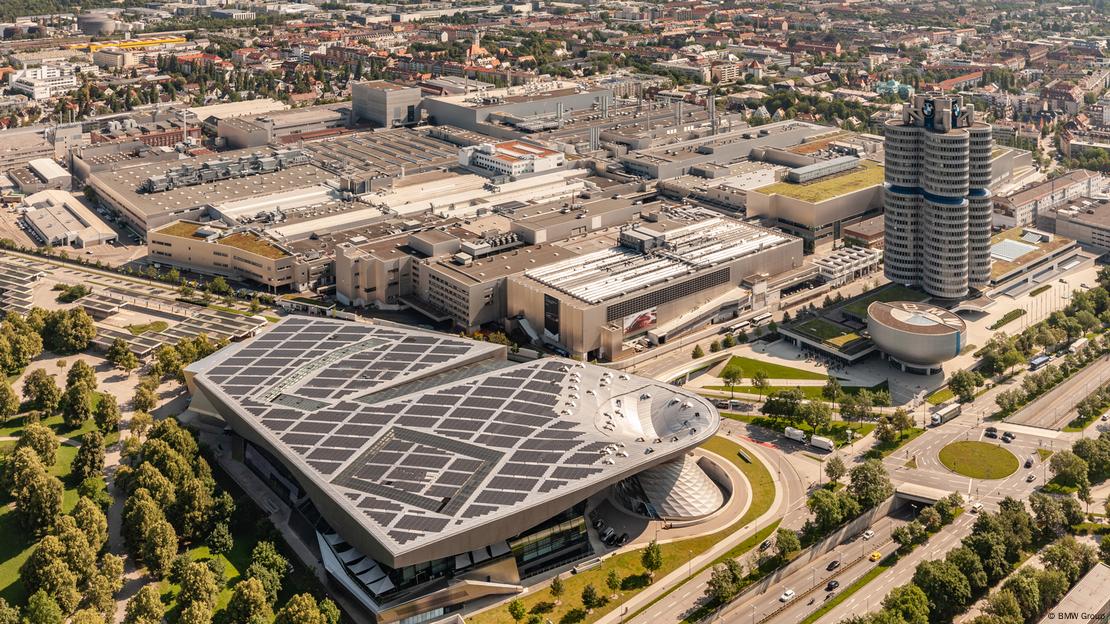The leading German automakers have significantly reduced their profits by the end of 2024. The structural crisis they are experiencing could worsen in 2025. What measures can help the industry overcome the challenges?
The German automotive industry continues to face a deep crisis. It is perhaps too early to call it existential, but it is already jeopardizing the long-term competitiveness of the industry, which accounts for 5% of Germany’s GDP and employs 780,000 people.
All of Germany’s leading automakers cut profits at the end of last year. Fresh reports from BMW, Mercedes-Benz, Volkswagen and its subsidiaries, including Audi and Porsche, all contained disappointing figures. The future outlook is mixed.
The old problems have now been joined by a new one, which has arrived like a black swan: the duties that Donald Trump is threatening to impose could reduce sales in one of the most important foreign markets for German automakers. Will the industry be able to overcome these challenges – and what measures can it take to do so?
According to data from the German Association of the Automotive Industry (VDA) published by Automobilwoche, German companies will assemble 13.6 million vehicles worldwide in 2024. That’s slightly less than in 2023, but slightly more than in pre-pandemic 2020 – effectively stagnation. Exports are stagnating, too. Physical shipments are up 2.5%, according to the Federal Statistical Office, but export earnings are down 1.3%.
At the same time, total global production since 2020 has increased significantly by 11 million vehicles, reaching 78.5 million units last year. As a result, the German car industry’s share of the global market has fallen from 19.7% to 17.3% in five years.
The situation is even worse with automakers’ profits – they are not stagnating, but shrinking. In 2024, BMW’s profits collapsed by 36.9%, Mercedes-Benz – by 28%, Volkswagen fell – by 31%, Audi – by 33%, Porsche – by 30%. All manufacturers in their financial reports – they were presented during the last month – point to two common reasons: falling demand in China and rising costs.
High costs undermine the competitiveness of the German car industry
German automakers have been hit hard by the surge in energy prices that began after Russia’s invasion of Ukraine. Giving up cheap pipeline gas, which has powered German industry for decades, is not easy.
Electricity prices in Germany are now about three times higher than in the United States or China and 40 percent higher than in neighboring France, which continues to rely on nuclear power in addition to fossil fuels. The likely future chancellor Friedrich Merz has already suggested that Germany’s decision to abandon nuclear power should be reconsidered.
“Germany is one of the last countries in Europe that can be called fully industrialized: steel and chemicals for the country’s automotive industry are supplied by local companies Salzgitter and BASF,” Matthias Schmidt, an independent automotive analyst based in Hamburg, argues in an interview with Bloomberg. – So, low energy prices or at least the stability of those prices is critical.”
The German car industry is losing ground in China
China is a key market for most German automakers. Volkswagen alone has three dozen plants in China. And it is not surprising: the Chinese market is the largest in the world. It is comparable in size to the US and European markets combined. However, BMW, Mercedes-Benz and Volkswagen’s business in China has been average lately. In 2024, their sales are down more than 10% each. At the same time, the Chinese market itself grew – by 4%, the China Association of Automobile Manufacturers reported.
Volkswagen VW ID.3 electric car advertisement in Shanghai Volkswagen VW ID.3 electric car advertisement in Shanghai

The main reason for the slippage is the rapid shift of Chinese consumers to electric and hybrid cars. Their share of the Chinese market has grown from 5% in 2020 to nearly 40% in 2024. Domestic manufacturers are meeting much of the growing demand. German companies are strong in the production of traditional cars, but lag behind in the electric car segment, as success in it is determined by software and electronic components, not mechanical parts, says Stefan Bratzel, head of the Center for Automotive Management (CAM), in an interview with DW.
Another factor is prices. Growing Chinese automakers can afford to stage price wars, struggling German companies can’t. One such war is going on right now. BYD has announced that it will make God’s Eye autopilot a standard feature for cars priced from 100,000 yuan, while competitors have models with such systems priced from 150,000.
Donald Trump’s duties are a new challenge
Trade wars, with which Donald Trump threatens both rivals and allies, could seriously hit the German car industry. According to the Federal Statistical Office, the share of the United States in the total exports of German automakers in 2024 amounted to about 13%.
The problem will be duties not only against the EU, but also against Mexico. German companies produce cars in this country. According to the VDA, they produced 716 thousand cars in 2024 – mainly for the US market. In early March, Donald Trump delayed for one month the entry into force of 25 percent duties on cars from Canada and Mexico. What will happen next is difficult to predict.
Duties of 25% on “cars and all that kind of stuff” Trump announced in late February, saying that the decision had already been made. However, when exactly he wants to implement it (and whether anything can prevent it), the president did not specify.
“Germany in the current situation needs alternative markets for car exports, and the biggest such market is the European market,” Brad Setser, a senior fellow at the U.S. Council on Foreign Relations (CFR), tells DW in an interview.
How German automakers plan to recover from the crisis
The weak results reported in the financial reports of BMW, Mercedes-Benz and Volkswagen were expected. The Mercedes-Benz report even noted that the figures were in line with forecasts – though it did not specify that they had been revised several times during the year.
One of the key challenges ahead for all automakers is cost reduction. Painful new decisions have already been made and are likely to be made. Late last year, Volkswagen announced the layoff of 35,000 employees by the end of 2030. Not even a few months later, Audi, a subsidiary of Volkswagen, announced that it would have to part with another 7,500 people.













